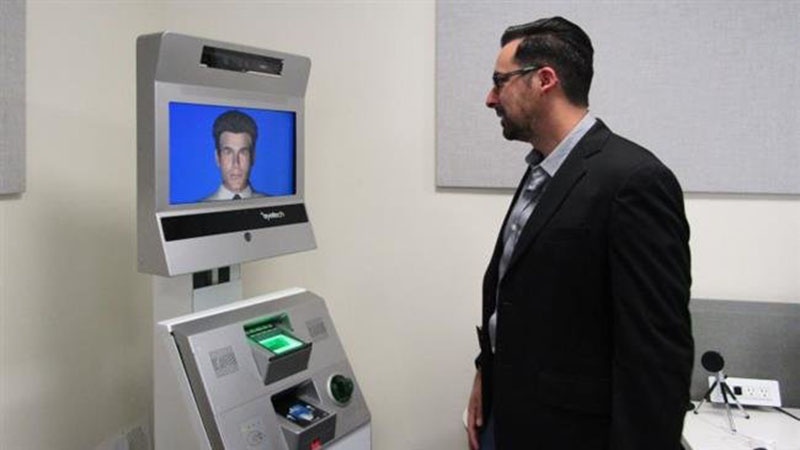Controversial EU border ‘lie detector’ put to test in Hungary, Greece and Latvia
The European Union-funded IBORDERCTRL project has begun testing its “smart lie-detection systems” at EU borders in Hungary, Greece and Latvia, despite concerns raised regarding their effectiveness.
Before launching the six-month trial of the systems on Thursday, the European Commission released a statement detailing how the automated controls will work explaining that the "system has been set up so that travelers will use an online application to upload pictures of their passport, visa and proof of funds, then use a webcam to answer questions from a computer-animated border guard, personalized to the traveler’s gender, ethnicity and language.”
The system will then check the validity of the traveler’s information based on their facial “micro-expressions”, marking potentially lying travelers as a “risk” that have to be put through more detailed examinations by further automated and ultimately manual border checks.
Project coordinator George Boultadakis believes the systems face an optimistic market opportunity based on Europe's fragile and overloaded immigration situation, adding that "the global maritime and border security market is growing fast in light of the alarming terror threats and increasing terror attacks taking place on European Union soil, and the migration crisis.”
Developers, however, do not deny possibly false detections, admitting that the systems currently have a success rate of no more than 76 percent, but that they remain “quite confident” that the new examinations can help them raise the system’s accuracy to 85 percent.
The persistent margin of failure in lie detection has, however, led to concerns among experts and civil liberties groups about the effectiveness of the system.
SS



